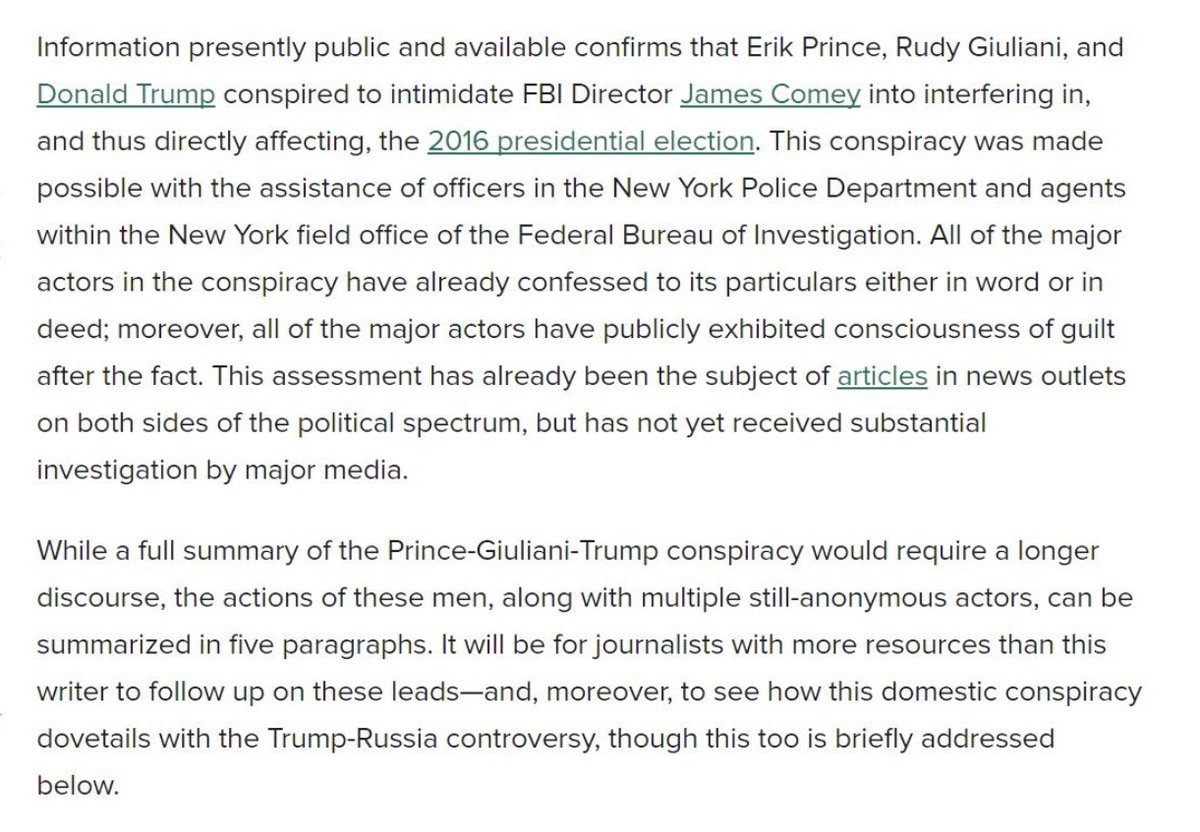Federal regulations expressly provide that at the conclusion of the special counsel’s work he must “provide the AG with a confidential report explaining the prosecution or declination decisions reached by the Special Counsel.”
Not only did Mueller violate the controlling special counsel regulation by issuing a non-decision decision, he couldn’t coherently explain his rationale for doing so.
Barr highlighted another Mueller mistake in an exchange with Sen. Richard Blumenthal.
One of the problems with Mueller’s approach to the question of obstruction of justice, Barr explained during the hearing, was the special counsel “trying to determine the subjective intent of a facially lawful act.”
Barr had previously destroyed the idea that Trump’s conduct could constitute criminal obstruction of justice.
Mueller submitted his special counsel report to Barr on March 22, but that report could not be made public until necessary redactions were made. Pending the redactions, Barr released a letter on March 24, announcing Mueller’s conclusion
In a head-to-head contest, Barr came off the bigger man, with the leak of Mueller’s letter harming the special counsel’s reputation much more than that of the attorney general.
The letter incident proved yet another problem with Mueller’s handling of the probe: his horrendous staffing choices.
While Mueller had no problem criticizing Barr’s March 24 letter after the fact, the special counsel demurred when Barr sought his input before he released the letter to Congress and the American people.
In his March 27 complaint to Barr, Mueller bemoaned the media’s narrative and asked Barr to release the executive summaries of the special counsel report while the attorney general went through the necessary redaction process.
Mueller’s final misstep was the step not take


